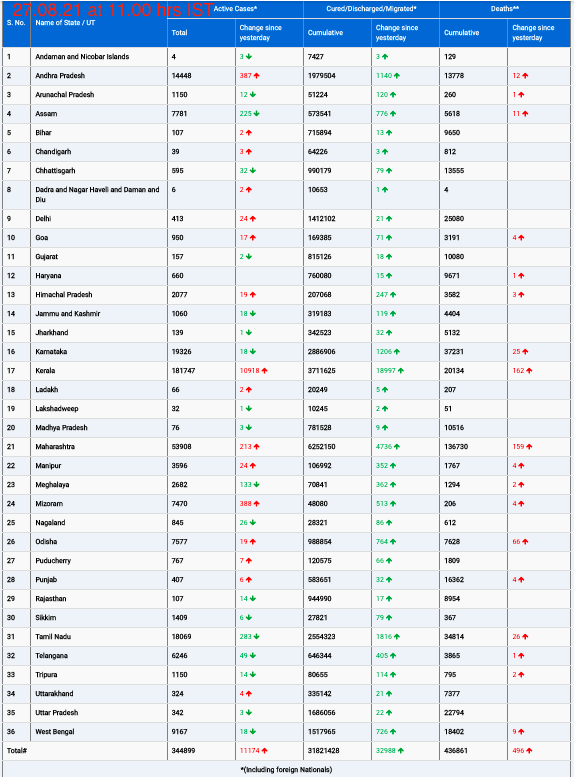March 12, 2024
Chronic smoking continues to pose a significant threat to global public health, contributing to premature mortality on a massive scale. Despite concerted efforts to combat this epidemic, a substantial proportion of deaths among middle-aged adults in Europe and North America are still attributed to smoking-related causes. However, recent research suggests that quitting smoking, even at older ages, can yield substantial health benefits.
Published online in The New England Journal of Medicine, a meta-analysis of four national cohort studies sheds light on the impact of smoking cessation on mortality rates, offering encouraging insights for individuals looking to quit tobacco use.
Four-Cohort Meta-Analysis
The study, conducted within four national cohort studies linked to death registries, encompassed a heterogeneous population of 1.48 million adults from high-income countries. Data from the National Health Interview Survey and the Canadian Community Health Survey in the US and Canada, respectively, as well as three cohort studies in Norway, and recruitment via the UK Biobank, provided a comprehensive dataset for analysis.
Excess Mortality Confirmed
Analysis revealed a stark difference in mortality rates between smokers and nonsmokers, with smokers facing a significantly higher risk of premature death. Smoking was found to shorten life expectancy by 12 to 13 years in the 40 to 79-year age group, with respiratory diseases, cardiovascular diseases, and cancers being the leading causes of smoking-attributable mortality.
The Earlier, the Better
Despite these sobering statistics, the study offered a glimmer of hope, emphasizing the substantial benefits of smoking cessation. Quitting smoking before the age of 40 was associated with a remarkable reduction in excess mortality, with overall mortality returning to the level of nonsmokers as early as three years after cessation. Even for older smokers, cessation ≥ 10 years significantly mitigated excess mortality, highlighting the importance of quitting tobacco use regardless of age.
Encouraging Implications
While the study underscores the importance of early cessation for maximizing health benefits, it also offers hope to older smokers, demonstrating tangible improvements in long-term survival even after quitting later in life. The findings emphasize the critical role of smoking cessation in enhancing overall well-being and underscore the importance of promoting tobacco cessation efforts across all age groups.
In conclusion, while the benefits of smoking cessation are most pronounced when quitting occurs at a younger age, the study highlights the substantial health gains associated with quitting tobacco use, even for older individuals. These findings underscore the importance of ongoing efforts to encourage and support smoking cessation initiatives, offering hope for a healthier future for smokers of all ages.











